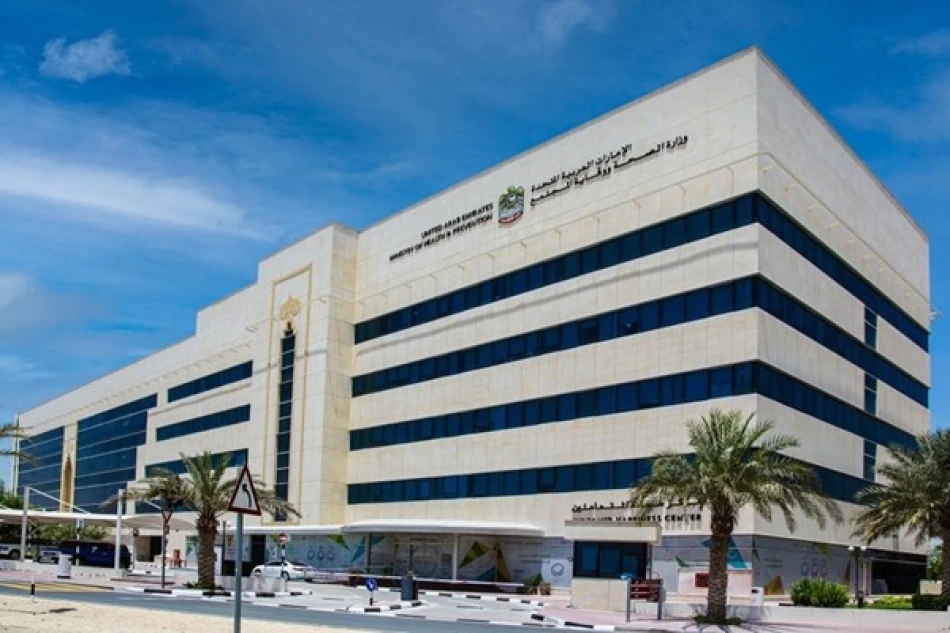
Ministry of Health Celebrates World Patient Safety Day
UAE Lights Up Landmarks in Orange to Champion Maternal and Child Healthcare Safety
The UAE Ministry of Health and Prevention illuminated major tourist landmarks across the country in orange to mark World Patient Safety Day on September 17, spotlighting the critical theme "Safe care for every newborn and child." This symbolic gesture underscores the Emirates' strategic focus on building one of the world's most advanced maternal and pediatric healthcare systems, positioning the nation as a regional leader in medical safety standards.
A National Commitment Beyond Symbolism
Dr. Hussein Al-Rand, Assistant Undersecretary for Public Health, emphasized that patient safety—particularly for children, newborns, and mothers—sits at the core of the ministry's healthcare strategies. The initiative reflects more than ceremonial recognition; it signals the UAE's systematic approach to creating proactive, high-quality healthcare environments that anticipate risks before they materialize.
The ministry's comprehensive national programs for maternal, child, and newborn health represent a holistic framework designed to secure healthier outcomes for future generations. This approach aligns with global best practices seen in healthcare-leading nations like Singapore and Denmark, where preventive care and early intervention have dramatically reduced infant mortality rates.
Strategic Healthcare Investment Pays Dividends
The UAE's emphasis on maternal and pediatric safety reflects broader economic and social calculations. Countries that invest heavily in early-life healthcare typically see substantial returns through reduced long-term medical costs, higher productivity, and improved quality of life metrics that attract international talent and investment.
Regional Leadership Through Medical Excellence
This patient safety initiative positions the UAE alongside other Gulf states competing to become regional healthcare hubs. While Saudi Arabia pursues its Vision 2030 healthcare transformation and Qatar leverages World Cup infrastructure for medical tourism, the Emirates appears to be carving out expertise in maternal and pediatric care as a competitive advantage.
The timing is strategic—as global healthcare systems grapple with post-pandemic recovery, the UAE's focus on foundational care areas like maternal and child health demonstrates long-term thinking that could attract medical professionals, pharmaceutical companies, and healthcare technology firms seeking stable, innovation-friendly environments.
Implications for Healthcare Sector Growth
The ministry's integrated approach suggests significant opportunities for healthcare providers, medical device manufacturers, and digital health companies specializing in maternal and pediatric care. The emphasis on "proactive" and "high-quality" environments indicates potential demand for advanced monitoring systems, AI-driven diagnostic tools, and specialized training programs.
This patient safety focus also aligns with the UAE's broader economic diversification strategy, potentially reducing healthcare-related outbound medical tourism while attracting regional patients seeking world-class maternal and pediatric services.
Most Viewed News

 Layla Al Mansoori
Layla Al Mansoori






